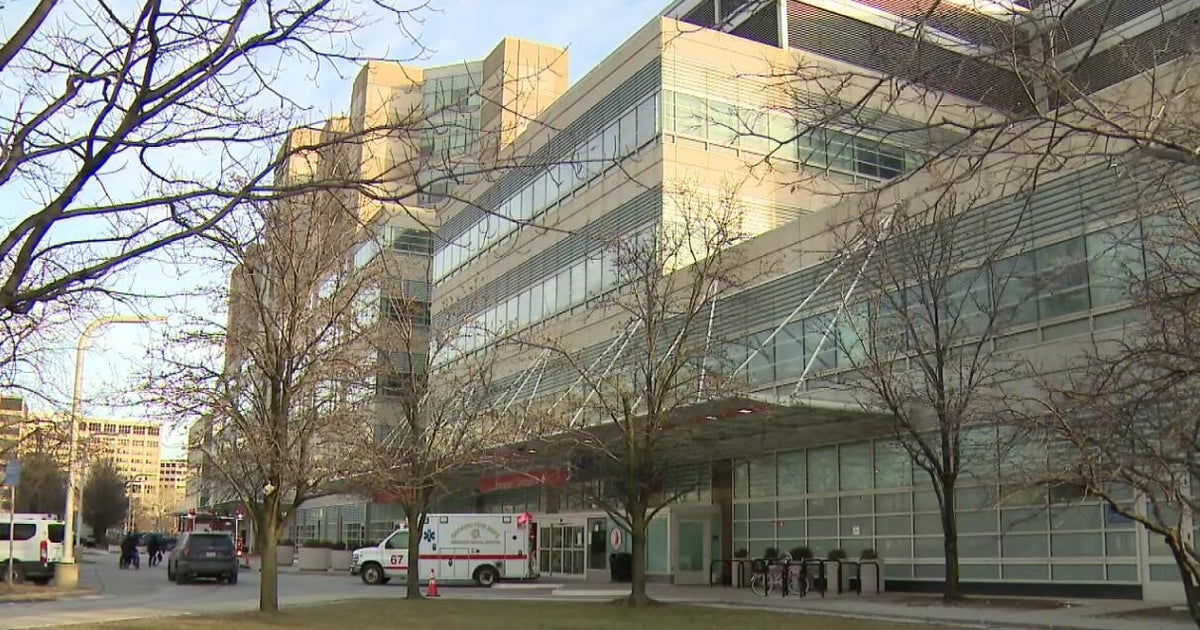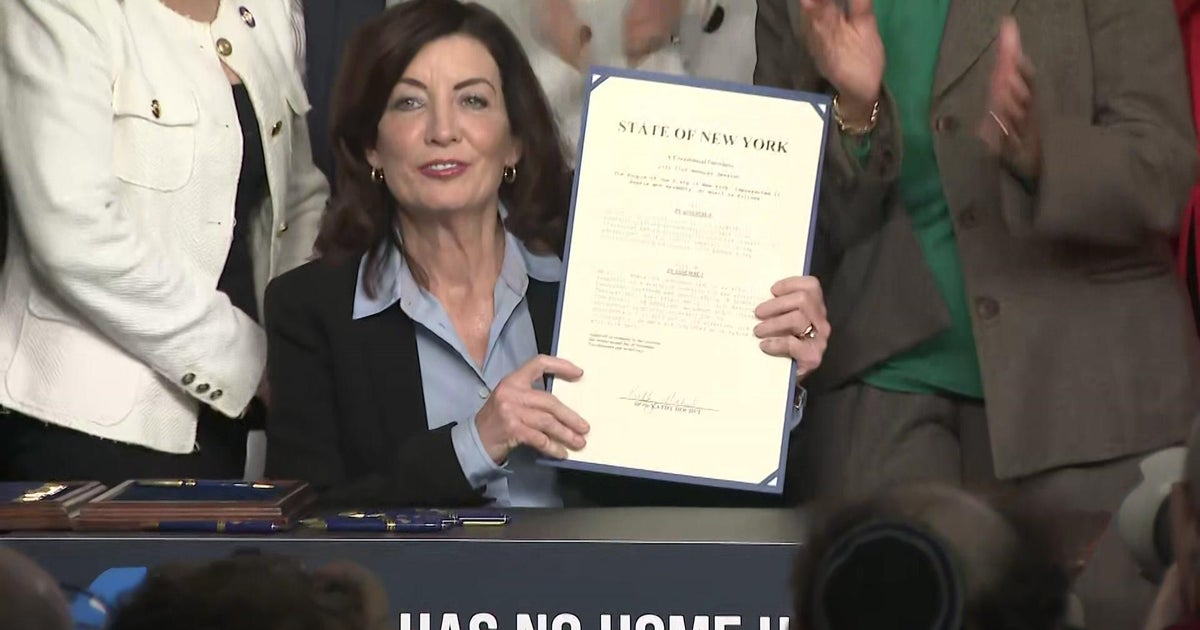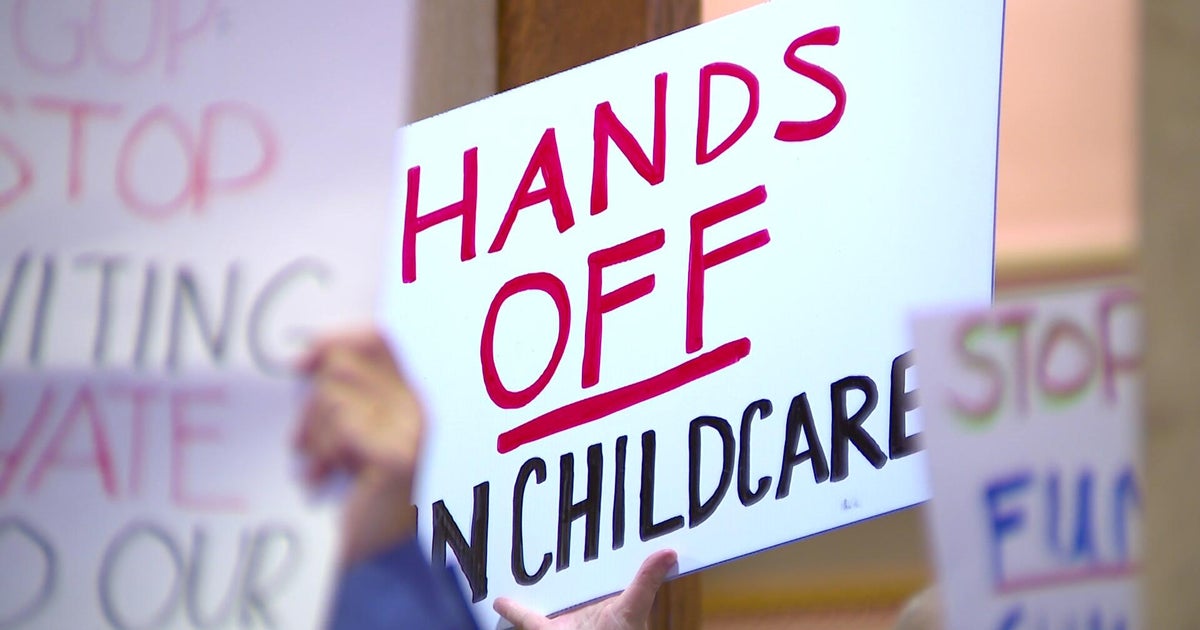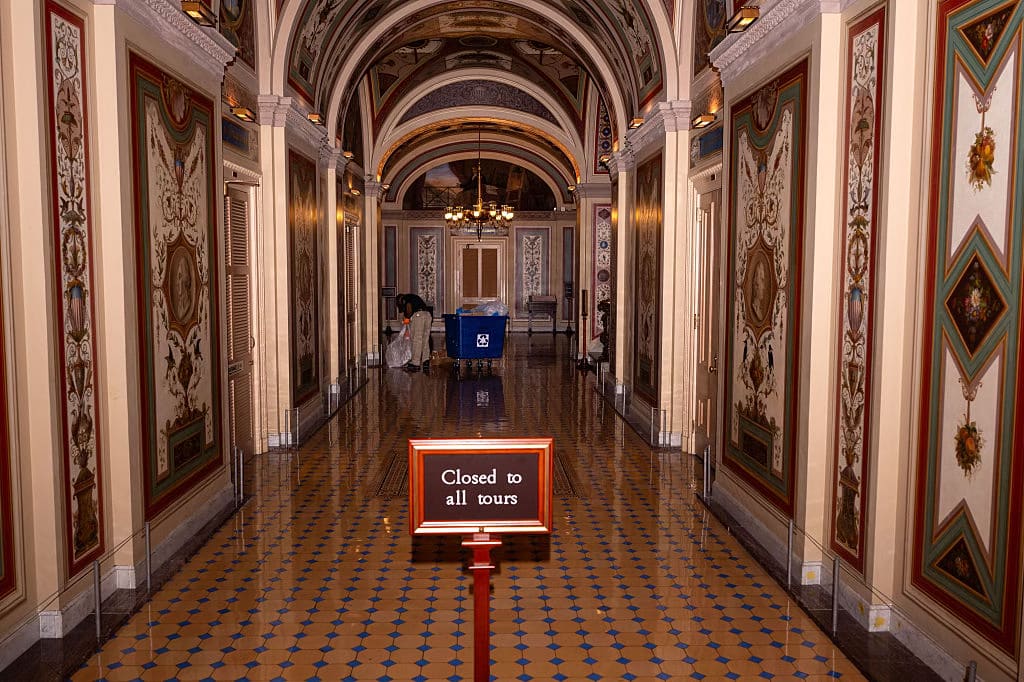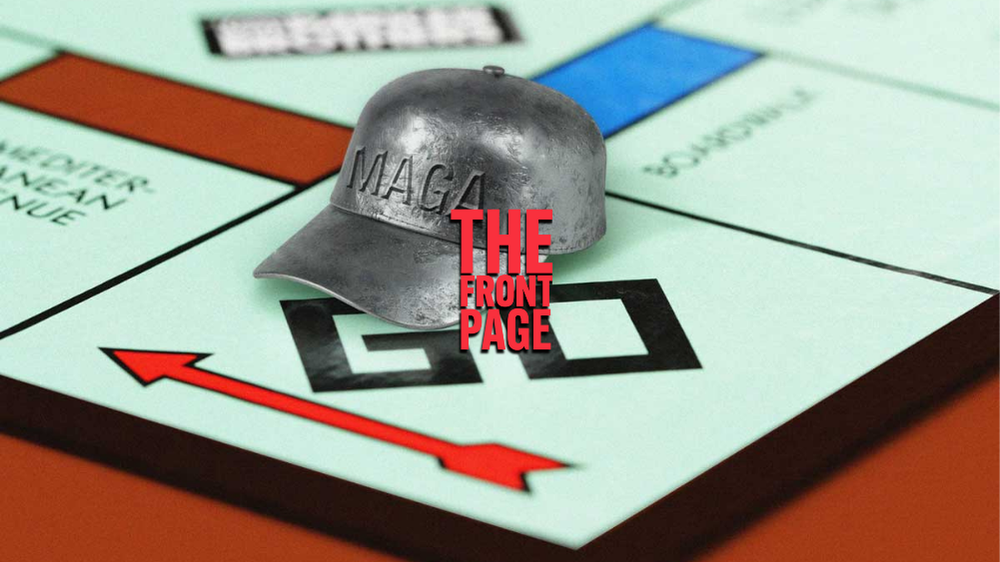Some Obamacare enrollees hope to see it repealed
The U.S. public has been split in their views on the Affordable Care Act since the law was enacted in 2010, but what about those Americans who actually buy their health insurance through the federal program’s marketplaces?
Although most Obamacare participants give high marks to their health coverage, a growing segment of ACA exchange users has expressed frustration with rising costs and what they see as a shortage of plan options. According to the Henry J. Kaiser Family Foundation, the share of Obamacare enrollees who are dissatisfied with their plans rose from 14 percent in 2014 to 29 percent in 2016.
Many congressional Republicans, along with President-elect Donald Trump, are pushing to repeal the health care law, although it’s not yet clear what would replace it. At the same time, more than 11.5 million Americans have signed up for health insurance coverage through the marketplaces this enrollment season, representing a faster pace than last year. Despite the uncertainties, some enrollees are hopeful that the GOP’s “repeal and replace” approach will provide relief for their pocketbooks.
“What people really care about is lowering what they and other people have to pay,” said Liz Hamel, director of public opinion and survey research at the Kaiser Family Foundation. “They care less about how you get there and the details. They only want to hear their costs are going down, and that’s where people feel disappointed in the ACA.”
Before taxpayer-provided subsidies, the typical premium for a midlevel plan under Obamacare shot up 25 percent in 2017, although not all states saw the same rate increases. On top of that, 1 of 5 consumers had only a single health insurance plan on their exchange after major carriers such as Humana (HUM) and UnitedHealth Group (UNH) pulled back or exited the marketplaces.
Brenda Martin, a retired teacher in western Pennsylvania, said her family has been socked by both higher Obamacare costs and fewer plan options. Their exchange offered only a single insurer, and rising health-care expenses have left her and her husband with premiums that are now approaching their monthly mortgage costs. She said she viewed Mr. Trump’s victory in November partially as a “mandate on Obamacare.”
“I’d like people be able to buy what they can afford and not be forced into it by the government,” Martin said. “It’s a monopoly when they tell you what you are going to buy, and how much you are going to pay for it.”
Martin said she and her husband, who have a 15-year-old son, are concerned about losing their home because they’re struggling to handle both their monthly insurance and mortgage costs. As a retired teacher, she buys her insurance through the school district, but her husband and son rely on their ACA exchange for coverage. For the average 27-year-old, Pennsylvania’s 2017 premiums rose an average of 53 percent to $327 for the program’s second-cheapest silver plan.
Tax credits to enroll in Obamacare are available to Americans who earn less than 400 percent of the poverty level, or about $60,000 for a family of three. Martin said her household earns slightly more than the income cap for a tax credit, adding one change she’d like to see is an increase on income limits for tax credits.
“My husband and I are in the 15 percent in the middle class that are getting squeezed to death by Obamacare,” she said. “It’s anything but affordable for our family.”
The biggest two sticking points for Obamacare enrollees are their monthly premiums and annual deductibles, the Kaiser Family Foundation found. Twenty-six percent of marketplace customers said they were very dissatisfied with their deductible, while 22 percent said they were unhappy with their monthly premiums.
To be sure, Obamacare isn’t chiefly to blame for rising health insurance costs. The U.S. health care market is notoriously byzantine and expensive, with spending reaching more than $10,300 per person last year, a record. Growth in health care expenditures is projected to increase by 5.8 percent per year from 2015 to 2025, a faster pace than the forecasted rate of inflation.
About 1 in 3 adults has skipped recommended medical care, opted against filling a prescription or didn’t see their doctor when they were sick because of costs, The Commonwealth Fund said in a report last year. By comparison, only 7 percent of German and British residents skipped health care treatments because of their out-of-pocket expenses.
A chief complaint among some Obamacare enrollees boils down to a sense of unfairness. In their view, they are being hit with higher costs, while low-income Americans receive free or low-cost treatment. In a series of focus groups held in the Rust Belt, the Kaiser Family Foundation found that those with marketplace plans saw Medicaid as providing a better deal, and expressed their resentment about it.
That sense of injustice is echoed elsewhere, as some Americans’ grapple with rising premiums and deductibles.
“Why is it that the hard-working class is being trampled on?” one consumer wrote on an Obamacare Facebook page. “Using an average income calculation the insurance cost me $1,800.00 a month. That’s more then my house payment. I can’t pay it.”
As for Martin, she said her family’s rising health-care premiums has left her feeling as if a lifetime of hard work has been for naught. She’s worried about losing her rural house, which she and her husband bought in 2000 and where they’ve raised their son. She says she enjoys watching the deer in their yard every evening, and saves apple cores to feed them.
“This government enjoys kicking people in the teeth who try to make a good life for themselves,” she said. “My family is unable to take a vacation and struggling to make ends meet. We’ve worked very, very hard in our lives.”
Whether Congress will succeed in repealing the ACA remains unclear. A growing number of Republicans are expressing concern about repealing the law without having a replacement ready to roll out.
Sen. Bob Corker (R.-Tennessee), among those GOP lawmakers who are preaching caution in repealing Obamacare, said moving slowly would create “additional time to get the policy right.”
